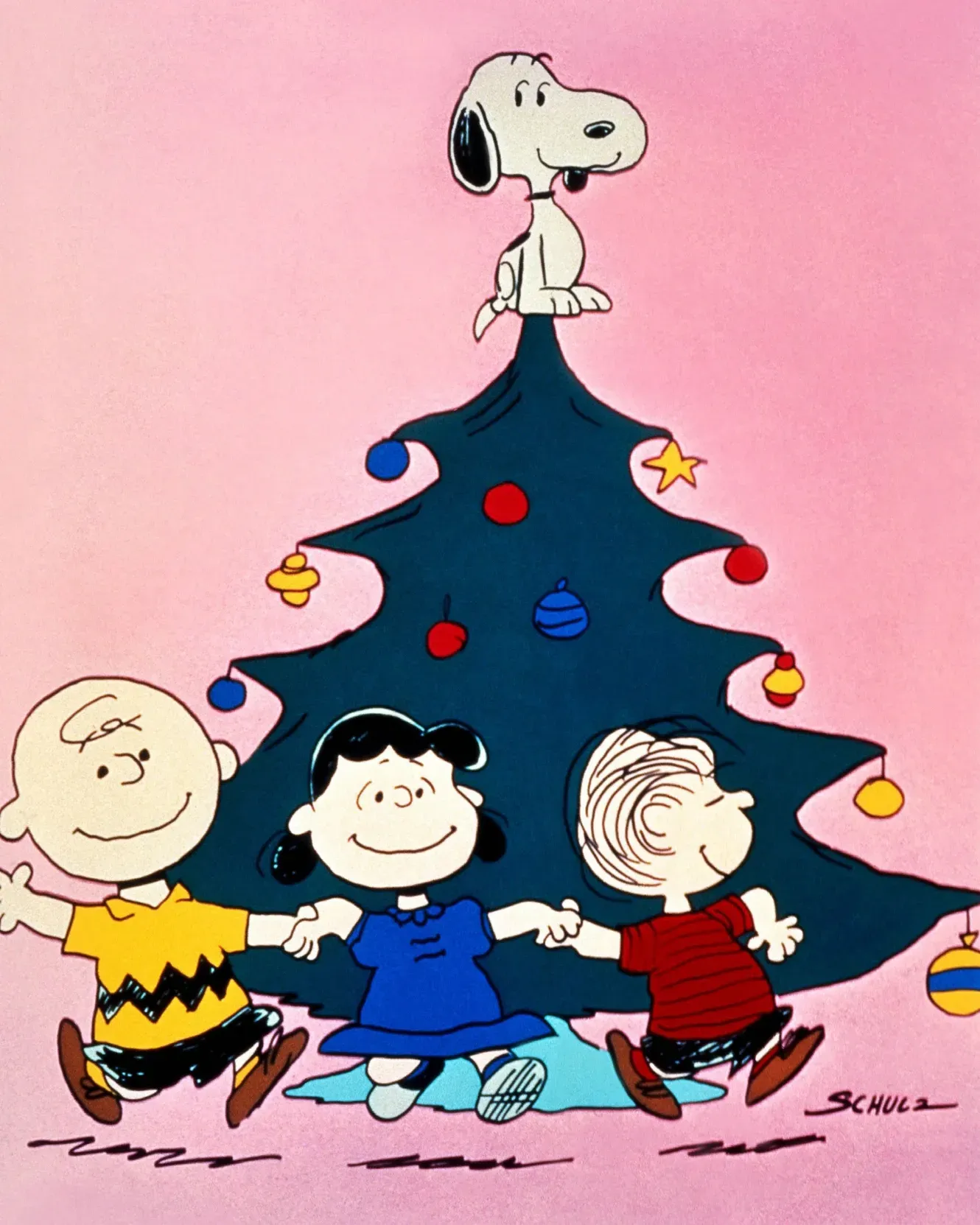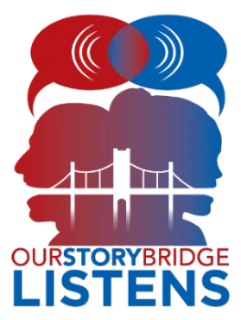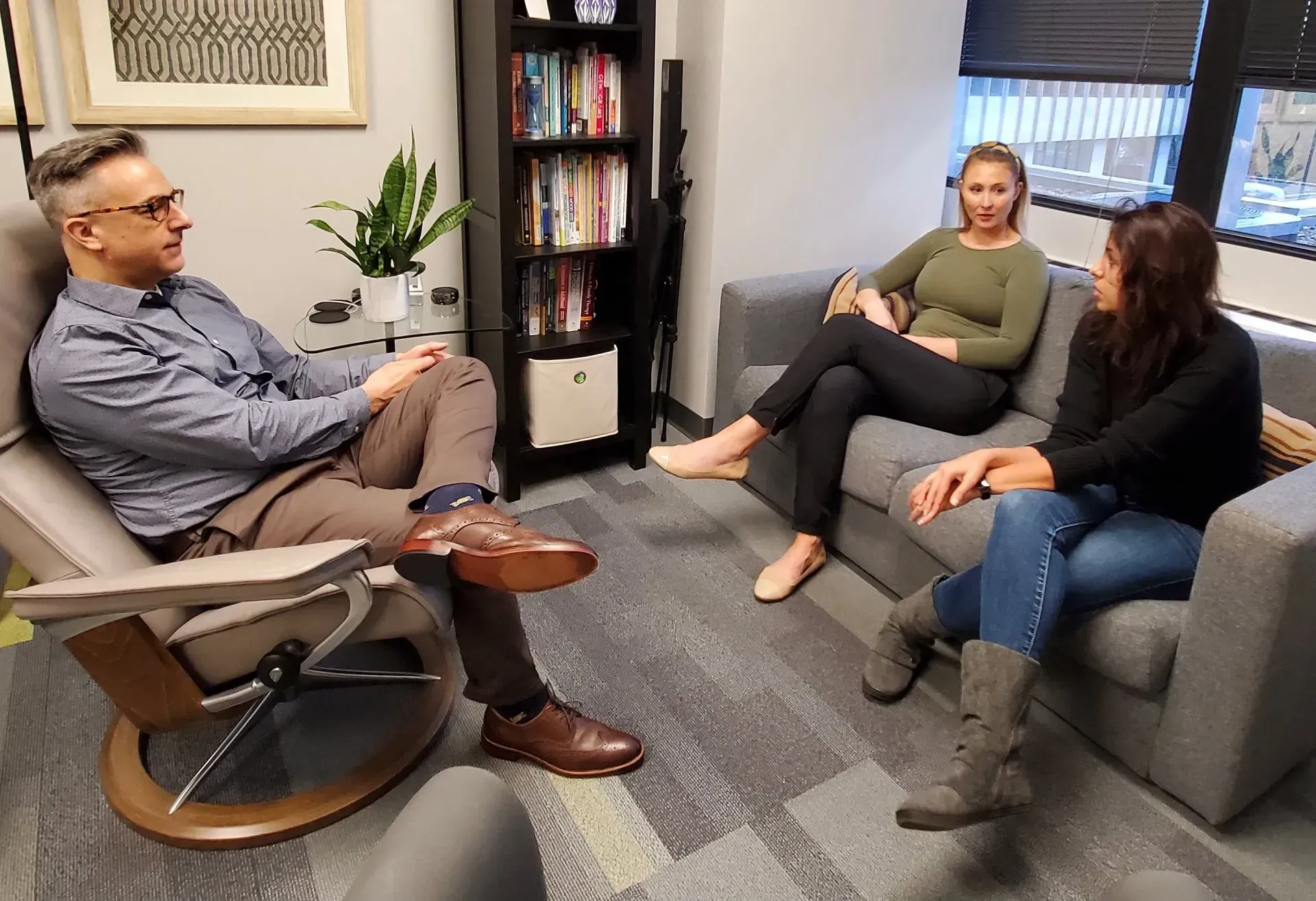On Margaret Atwood, Holding Grudges, and Understanding Our Schema-Modes
Learning from the wisdom of Margaret Atwood
Margaret Atwood was recently interviewed by CBC Radio to discuss her new memoir Book of Lives. The book is about many facets of the life this fascinating writer and cultural icon. I was struck by her statement on holding grudges. Granted, she spoke with her usual refreshing sarcasm, but she also stuck to her point: that she does in fact hold grudges and implied she has learned to manage them.
On holding grudges, Atwood said, “I don’t have a choice. I’m a Scorpio. We hold grudges…It’s not an attractive thing to say about yourself. I struggle against it, but not very hard.”
Earlier in the interview, she acknowledged naming some people in her memoir that she has grudges with (including a childhood bully) because “a lot of people have died.”
We live in an age where (often performative) forgiveness is reflexive, done online, and culturally expected (if you want to be seen as healthy or spiritually sound). For me, many of these performances fall flat and suggest suppressing (rather than processing and making meaning out of) difficult emotions. I am not arguing that there is any merit in unfettered deep resentment. The risks to well-being are high and this topic has been well-researched. I’m thinking more of “struggling against it, but not very hard” as an entry point to explore the role resentment plays in our lives and how we can make meaning out of it.
As a schema therapist, I use the language of schema-modes to understand questions like resentment. Schemas are "broad, pervasive themes regarding oneself and one's relationship with others, developed during childhood and elaborated throughout one's lifetime, and dysfunctional to a significant degree” (Jeffrey Young).
Examples of schemas that may influence feelings of resentment are Mistrust/Abuse, Defectiveness/Shame, Failure, Unrelenting Standards/Hypercriticalness, Social Isolation/Alienation – although many schemas and combinations could be involved.
When schemas activate, they prompt coping patterns (modes) that are often automatic and ill-suited to actually help in the long term. A mode, according to Jeff Young, is a “moment-to-moment emotional state and coping response.”
Within the Detached Protector mode is a subset of modes relating to detachment, avoidance and shutting down. I see the Resentful Protector mode as one such subset that accounts for the process of holding grudges (avoiding situations that generate resentment and the related schema(s) – such as Mistrust or Failure).
Other types of modes are also possible, including Resentful Surrenderer (overly deferential behaviors toward the object of resentment) and Resentful Overcompensator (aggressive, controlling, or devaluing behaviors toward the object of resentment).
Schemas and modes develop in childhood and are adaptive to life circumstances. Picture the child whose caregivers are chronically emotionally withholding and demanding/critical. Such a child may develop and Emotional Deprivation schema and, in seeking to win the approval of the caregiver, develop an Approval-Seeking or Unrelenting Standards schema. To cope, some form of overcompensatory mode may form (excessive focus on the emotions of the caregiver – including working hard to please or placate them). In other circumstances, the child may surrender to the schema – such as an Abandonment schema leading to a child behaving in a manner that she is not worthy in an attempt to draw needed love and attention. Such a child could also detach, which includes not just isolating from caregivers to avoid potential distress, but could also involve behaviors that are self-soothing, self-stimulating, aloof or pessimistic. Had this child not developed these ways of coping (limited as they are) she likely would not be able to function at all in her environment.
Imagine then, this child becoming an adult and, like all of us, continuing to experience schema-mode activation that “developed during childhood and elaborated throughout one's lifetime, and dysfunctional to a significant degree.” Feelings of resentment leading to holding grudges could activate when life experiences mimic the process (not necessarily the content) or these early life experiences. Think of being rejected by a love interest or criticized by a boss. Perhaps this person experiences a heightened emotional response that is exacerbated by schema-mode activation of feeling rejected by caregivers growing up. Maybe this person detaches/withdraws, surrenders/pleads or overcompensates/lashes out.
In schema therapy, we seek to access the Vulnerable Child mode to feel the emotions generated from unmet core emotional needs. The emotions underlying resentment (perhaps rooted in not being adequately seen or loved) or the urge to hold grudges (mode driven as noted above) are rooted in the unmet needs of the Vulnerable Child. Accessing these emotions and unmet needs can be difficult due to years of relying on maladaptive coping modes to ward off what is painful and scary.
A powerful component of schema therapy is imagery rescripting. In this process, the therapist guides the client to revisit experiences where these needs were not met. Imagery may start by recalling an emotionally activating event in the present (my spouse demeaned me yesterday), feeling this event more intensely, and then floating back to a time in childhood when such an experience (the process, not the content) felt similar (rejection by a caregiver). Once the client is there (perhaps an event when 8 years-old), the client is guided (as best she can in the moment) to be her little one (not as an adult in the present just observing her 8 year-old self). Depending on the stage of therapy, the schema therapist may serve as the “healthy adult” in providing a corrective emotional experience in the imagery. Over time and continued imagery sessions, the client’s own “healthy adult” strengthens – enabling her to “parent” her vulnerable child and increasingly experience on her own the corrective emotional experience of the need being met. Later, through behavioral pattern-breaking exercises, the client grows more able to manage the automatic schema-mode activation, adequately feel her feelings, and act in a manner more driven by her Healthy Adult mode than dysfunctional schema-modes.
When I think of the meaning that is imbedded in the feeling of resentment or the urge to hold grudges, the last thing I would want is for anyone to shame themselves for this feeling state, try to bury it (detached protector), cower (surrender), or act out (overcompensate). I would also not hope for reflexive or performative forgiveness, which could be characterized as detachment or surrender. I would instead want to help this person understand the complex schema-mode activation that underlies it. Only then could true forgiveness be felt.
Learning the language of schema-modes, working to link schema-mode activation to resentment and grudges, healing the unmet core needs from childhood, and engaging in behavioral-pattern breaking leads to corrective emotional experiences, feeling sturdier, and able to live life in more fulfilling ways.
Maybe the underlying resentment and urge to hold grudges never completely disappears. After all, this is a human response many have. The best we can do is be honest with ourselves and better manage the process.
I come back to the words of Margaret Atwood. I don’t pretend to know how she came to her current thinking on grudges. Her words nevertheless inspire me. I do, however, wish that she came to her “struggle against it, but not very hard” through honesty, self-compassion and finding her own path to emotional sturdiness.












